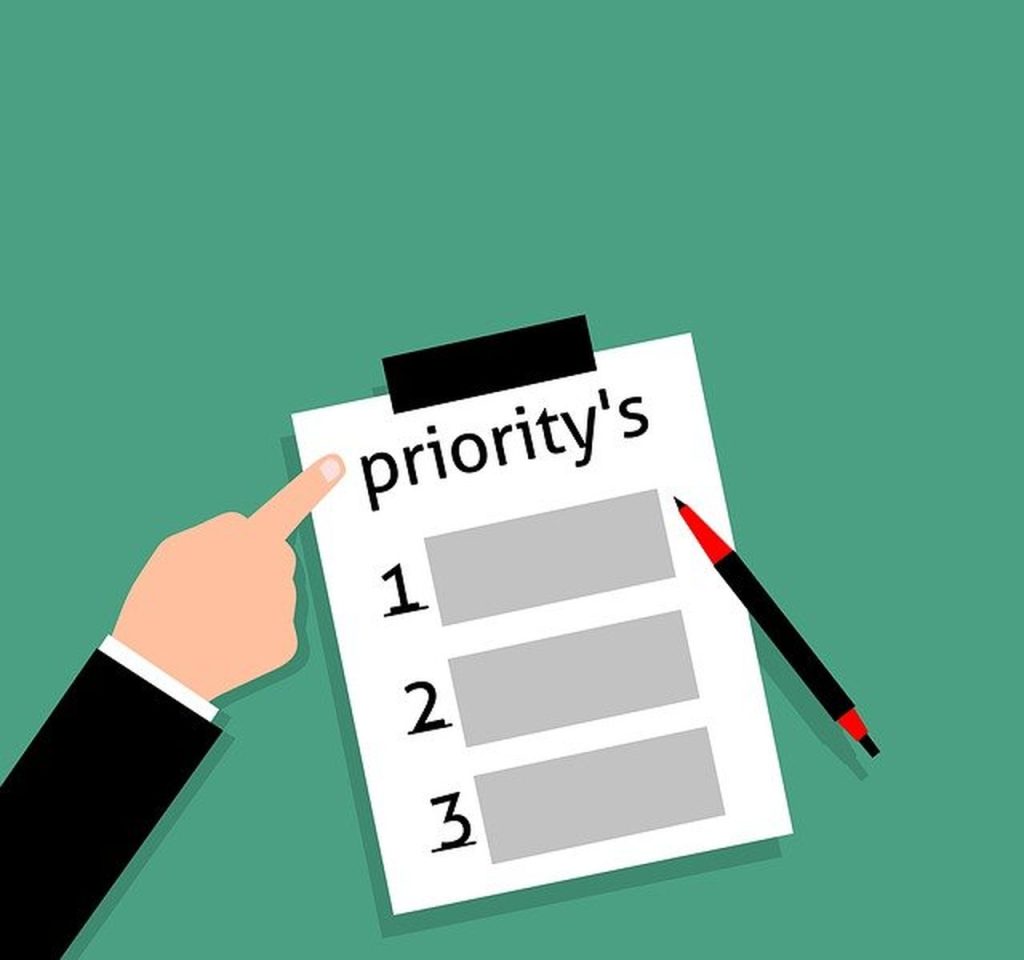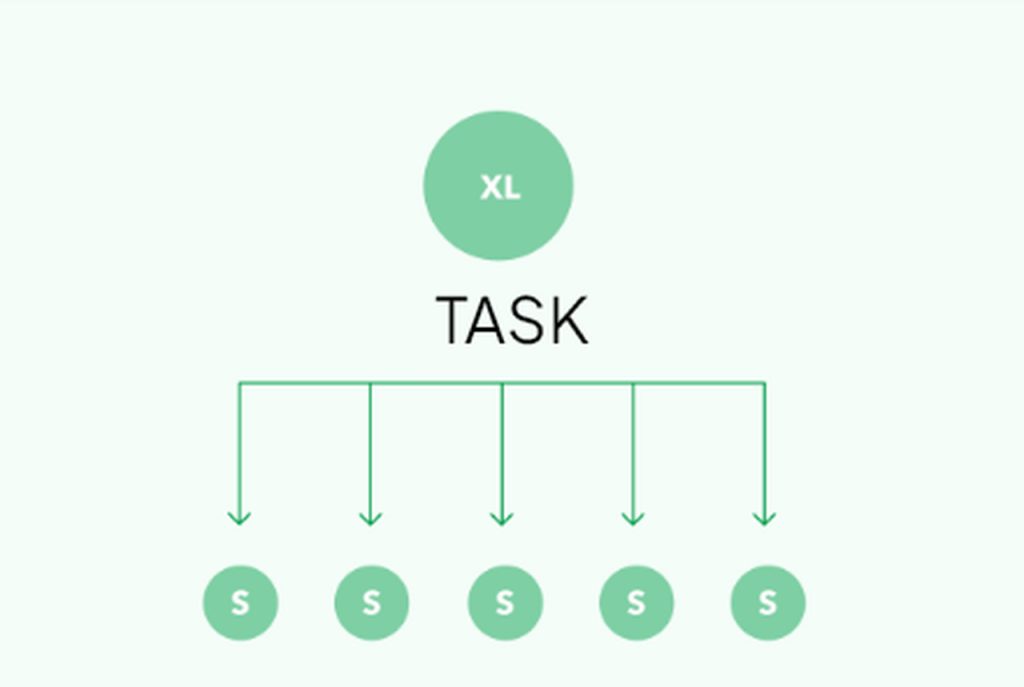Procrastination can be a big obstacle in the workplace.
It often leads us to miss deadlines and feel stressed.
Whether it’s a small task or a major project, the habit of putting off work can create a cycle of anxiety and inefficiency.
There are practical steps you can take to break this cycle and improve your productivity.
In this blog, we explore 5 tips to help you overcome procrastination and consistently meet your workplace deadlines.
1. Prioritise Your Tasks
Start each day by making a list of tasks you need to complete.
Next, rank them based on urgency and importance.
This simple act of prioritising helps you see which tasks you should focus on first and which can wait.
Tackling the most important tasks early in the day takes advantage of your morning energy.
Likewise, it sets a productive tone for the rest of the day.
Keep your list visible as a constant reminder of what needs to be accomplished.
It reduces the temptation to put off crucial tasks.
If you complete the big tasks first, the smaller ones will feel less daunting, and you’ll likely finish them more quickly.
This method improves focus and also boosts your confidence as you check items off your to-do list.
Prioritising effectively ensures you’re always working on what matters most, keeping procrastination at bay.

2. Break Tasks Into Smaller Steps
Approach large projects by breaking them down into manageable steps.
This strategy makes overwhelming tasks feel more achievable and less intimidating.
Start by outlining the main stages of the project.
Divide these stages into smaller, specific actions that you can tackle one at a time.
For example, instead of dreading a big report, focus first on gathering data.
Then, move on to creating an outline, followed by writing the introduction, and so on.
Every small step completed is a step closer to finishing the whole project.
This breakdown also allows you to track your progress more clearly.
It provides a sense of accomplishment that fuels further productivity.
By making your workload more manageable, you reduce the urge to procrastinate and increase your chances of meeting deadlines.

3. Set Clear Deadlines
Create specific deadlines for each task, not just for the final project.
When you define clear timelines, it becomes easier to organise your work and allocate time appropriately.
For each task on your list, decide when you plan to start and when it must be finished.
Mark these deadlines on your calendar and set reminders to keep yourself on track.
This approach prevents tasks from being left until the last minute and helps distribute your workload evenly over available time.
Sticking to these mini-deadlines also helps build a regular work rhythm, which can significantly decrease procrastination.
By knowing exactly when each task should be completed, you eliminate uncertainty and create a more structured workday.
4. Eliminate Distractions
Identify what typically distracts you in your workplace and take steps to minimise these interruptions.
This could mean:
- Turning off notifications on your phone or computer
- Organising your workspace to reduce clutter
- Informing colleagues of your focus times if interruptions are a frequent issue
A clean and organised environment can greatly enhance concentration and efficiency.
It’s easier to stay on task.
If you find certain times of day are more productive for you, try to schedule challenging tasks during these periods.
Reducing distractions helps you focus and also speeds up your work process.
It allows you to meet deadlines with less stress.

5. Reward Yourself
Incentivise your workday by setting up rewards for completing tasks.
This could be as simple as:
- Taking a short break to walk outside
- Grabbing a coffee after finishing a major part of a project
- Scheduling a weekend outing as a reward for completing all weekly goals
Rewards can motivate you to push through difficult tasks and adhere to your deadlines.
They create a positive association with task completion.
You’ll be less likely to procrastinate over time.
Moreover, allowing yourself moments of enjoyment can replenish your energy and improve your overall work performance.
Remember, consistent small rewards make your workday more enjoyable.
It also encourages a habit of completing tasks on time.
Beating Procrastination Is a Step-By-Step Process
Overcoming procrastination in the workplace doesn’t have to be a daunting challenge.
By doing these five simple tips, you can boost your productivity, meet your deadlines, and reduce your work-related stress.
Each tip offers a step-by-step approach to transform how you manage your tasks.
Start by making these changes gradually and soon enough, you’ll notice a significant improvement in your ability to get things done efficiently.
Remember, the key to beating procrastination is taking control of your tasks, and your time, and making your workday work for you.


